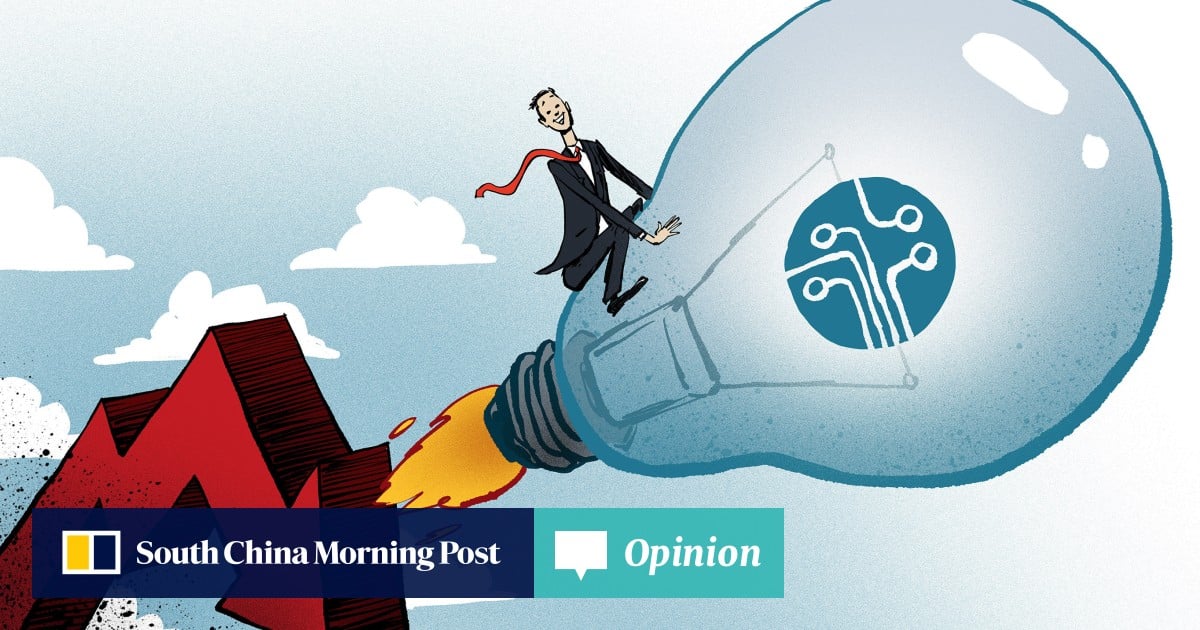
Advertisement
Yet to see China solely through the lens of stagnation is to miss the profound transformation under way. Far from collapsing, China is restructuring. More importantly, it has nurtured a generation of entrepreneurs and consumers who are driving competitiveness at scale and continuing to integrate into global systems.
A key and often undervalued aspect of China’s resilience is the current generation of entrepreneurs. The first wave of business leaders, born in the 1940s and 1950s, has made way for the post-famine cohort born in the 1960s, 1970s and early 1980s. Unlike their predecessors who often relied on informal networks, this current group is technically trained and driven by innovation and co-creation.
Most hold technical degrees and many come from Zhejiang or Guangdong province, known for their strong business culture. Having come of age during China’s reform era, they blend their experience of past scarcity with the opportunities presented by the market and technological co-creation alongside government and other partners.
Advertisement

